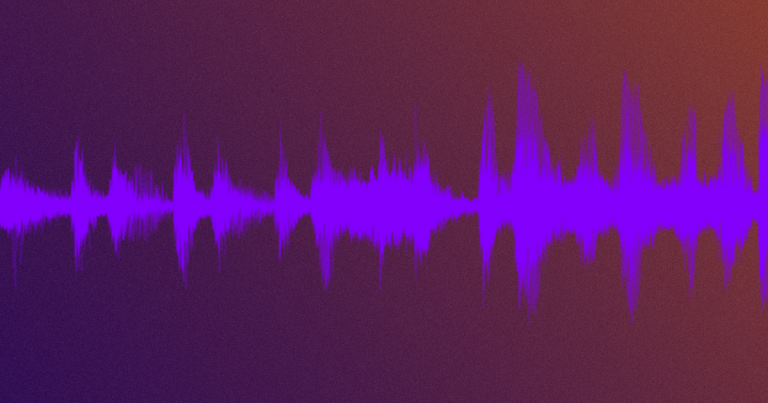AI taught to determine the post-traumatic syndrome by human voice

Scientists from the New York University School of Medicine have developed an AI that can determine from a patient’s voice or voice recording whether this person suffers from post-traumatic stress disorder. Project Manager Charles Marmar stated that the accuracy of the developed algorithm is 89%.
Recently, the results of the work of scientists published in the journal Depression and Anxiety, also a description of the work posted on Eurekalert .
Post-traumatic stress disorder (PTSD, “Vietnamese syndrome”, “Afghan syndrome”, etc.) - a severe mental condition that occurs as a result of a single or recurring traumatic situations, such as participating in hostilities, severe physical trauma, sexual violence, or the threat of death. In PTSD, a group of characteristic symptoms, such as psychopathological experiences, avoidance or loss of memory of traumatic events and a high level of anxiety, persists for more than a month after a psychological trauma.
')
The syndrome may manifest itself in the form of depression, increased anxiety, attacks of varying severity, the cause of which is the memory of a traumatic event.
Unfortunately, there are no effective methods of the disease so far . Doctors can make a diagnosis of "post-traumatic syndrome" after talking with the patient for several hours. It happens that the diagnosis is incorrect, because the patient exaggerated both the symptoms and the significance of the events themselves for their own health.
In order to develop a more accurate method of diagnosing post-traumatic stress disorder, scientists from the United States decided to bring high technology. Initially, the authors of the project held a series of conversations with 53 military men who had been fighting in Iraq and Afghanistan. These people suffer from post-traumatic disorders. In addition, similar conversations were conducted with 70 military men who have no signs of disease. The specialists analyzed the voice recording of the soldiers and identified a number of characteristics of the characteristics of the speech of volunteers.

It is worth noting that the software of the company that participated in the development of the Siri voice assistant was used to analyze the records. As a result, 18 characteristic features of speech of people suffering from the syndrome were identified. Among other signs - a few monotonous speech with a low level of intonations and a number of other features.
Next, scientists have taught the neural network based on the data. After training, the AI began to diagnose post-traumatic syndrome with a high degree of accuracy. Soon, experts plan to improve their development by training AI on a more massive database. Then a mobile phone application will be created, plus an official request for clinical development trials will be submitted.


Source: https://habr.com/ru/post/449718/
All Articles